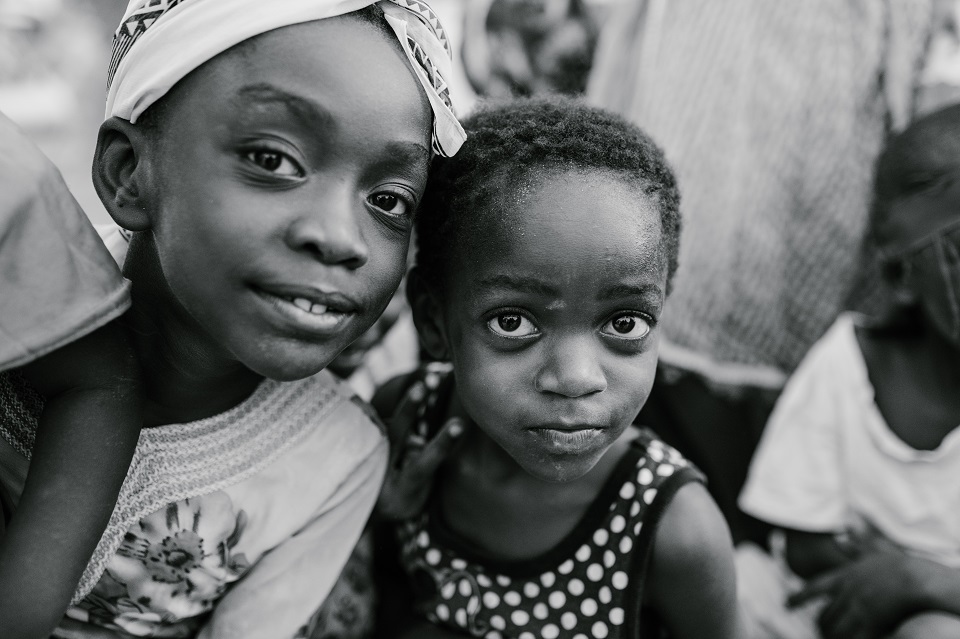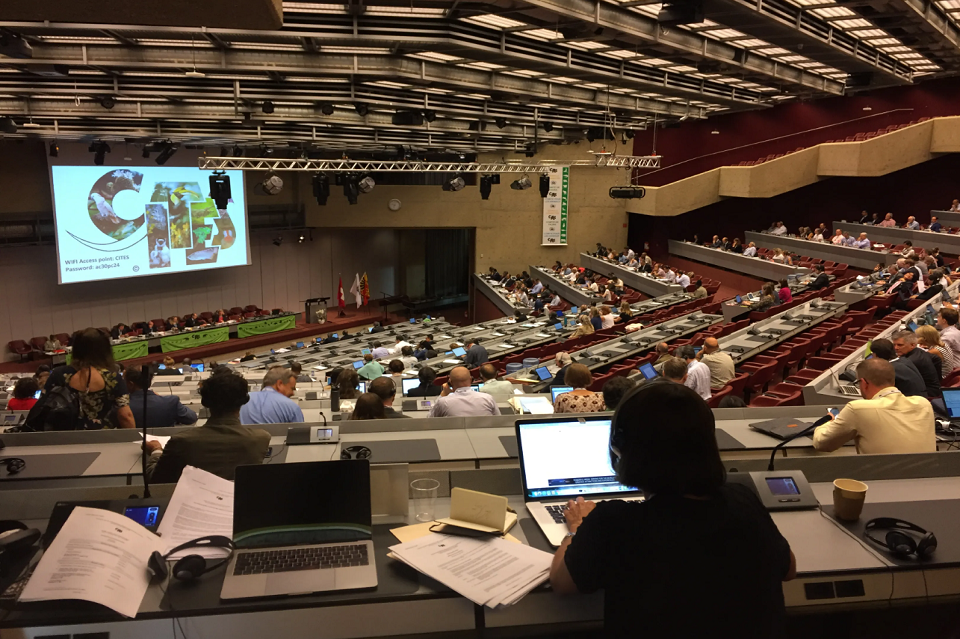The Photography Foundation creates pathways to professional photography for less advantaged young adults in London by offering education, work experience and routes to a career in the creative industries. It’s a simple philosophy with a lasting impact for good.
Jamma is proud to support the Shoreditch-based organisation to help make society a little more equal for tomorrow’s creative visionaries. Through training programmes and community outreach, they remove barriers to entry and open up photography careers, welcoming in the next generation of diverse creative talent.
Jamma is proud to support the Shoreditch-based organisation to help make society a little more equal for tomorrow’s creative visionaries. Through training programmes and community outreach, they remove barriers to entry and open up photography careers, welcoming in the next generation of diverse creative talent.















